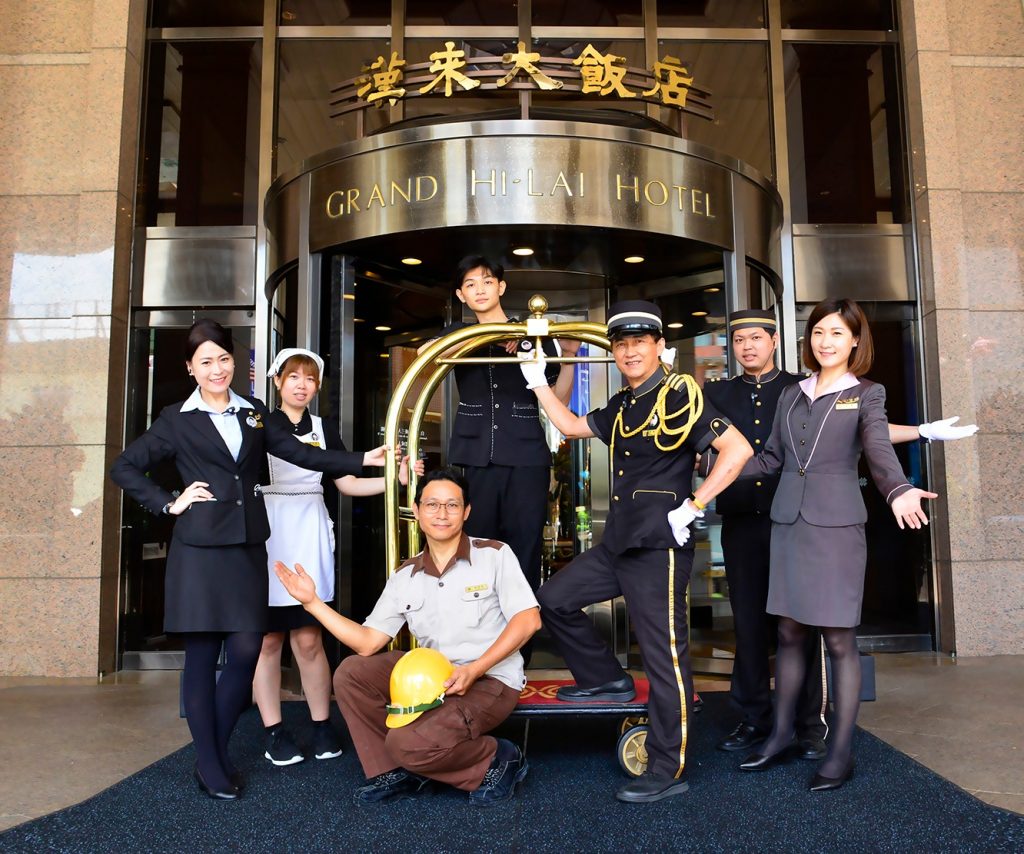Taiwan has announced that it will officially open the doors of its hospitality sector to migrant workers in the second half of 2025. This decision comes amid an urgent shortage of staff in the tourism and hotel industries, especially in roles like housekeeping, cleaning, and front desk services. The move is expected to bring much-needed relief to hotel operators struggling to hire and retain workers.
Chou Yung-hui, Director-General of the Tourism Administration, confirmed the new policy, explaining that it will be implemented in stages later this year. However, Chou stressed that local businesses must first prioritize hiring Taiwanese workers. “Only when it is clear that these positions cannot be filled by locals will migrant workers be considered,” he explained.
Chou also made it clear that all migrant workers employed in hospitality roles must have basic communication skills in either English or Mandarin. This requirement is aimed at ensuring that workers can interact effectively with guests and co-workers, especially in roles that require direct customer service.
Why Now?
The hospitality industry in Taiwan has been facing a significant labor shortage for years. According to government data, the sector was short about 8,000 workers as of last year. Housekeeping and cleaning jobs made up the majority of those vacancies, followed by receptionists and guest service staff. The Ministry of Labor attributes the shortage to the physically demanding nature of the work combined with low wages, which has made these jobs unattractive to local job seekers.
As the tourism sector recovers from the effects of the COVID-19 pandemic, demand for hotel and hospitality services has surged, putting even more pressure on an already stretched workforce.
How Many Migrant Workers Will Be Allowed?
The government has not yet finalized the number of migrant workers who will be permitted to work in the sector. The Tourism Administration will hold discussions with the Ministry of Labor and the hotel industry to determine the right number based on actual demand and workforce data. Once those talks are completed and the regulations are in place, an official announcement will follow.
Tourism Is Growing Fast
Taiwan’s decision to bring in migrant labor comes as its tourism industry experiences strong growth. In 2024, the country welcomed nearly 7.86 million international visitors, showing a sharp rebound after years of pandemic-related decline. Between January and April 2025 alone, over 3.5 million tourists arrived, pointing to an even bigger year ahead.
Transportation Minister Chen Shih-kai expressed optimism that Taiwan could reach 10 million tourists by the end of 2025. If that goal is achieved, it would mark a major milestone in the country’s tourism recovery.
Tourism has already made a big economic impact. In 2024, the industry generated NT$180 billion (around US$5.3 billion), representing a 40% increase compared to earnings during the pandemic years. However, despite the growth in tourism income, the number of tourist hotels in Taiwan has dropped. From 2018 to now, tourist hotels declined by 6.8%, with only 382 remaining. Standard hotels also saw a slight drop, though Taiwan’s bed-and-breakfast sector grew rapidly—by 62%—bringing the total to nearly 7,000 establishments.
Government Plans to Boost the Sector
To keep tourism growing, Taiwan’s government is investing in new promotion campaigns. Minister Chen said the country will highlight its most famous attractions, including Taroko Gorge and Sun Moon Lake, to attract both first-time and returning visitors. He also plans to integrate tourism with other popular industries, such as beauty and wellness services, to create more diverse and exciting travel experiences.
In addition, Chou announced that the Tourism Administration will launch a comprehensive recovery plan before August. This plan will support travel agencies, encourage more international cooperation, and provide funding to help tourism businesses expand and improve services. It will also include measures to address staffing problems, including the new migrant worker policy.
The government hopes these combined efforts will help Taiwan maintain its momentum in the tourism sector while ensuring that both visitors and workers are treated fairly and safely.

